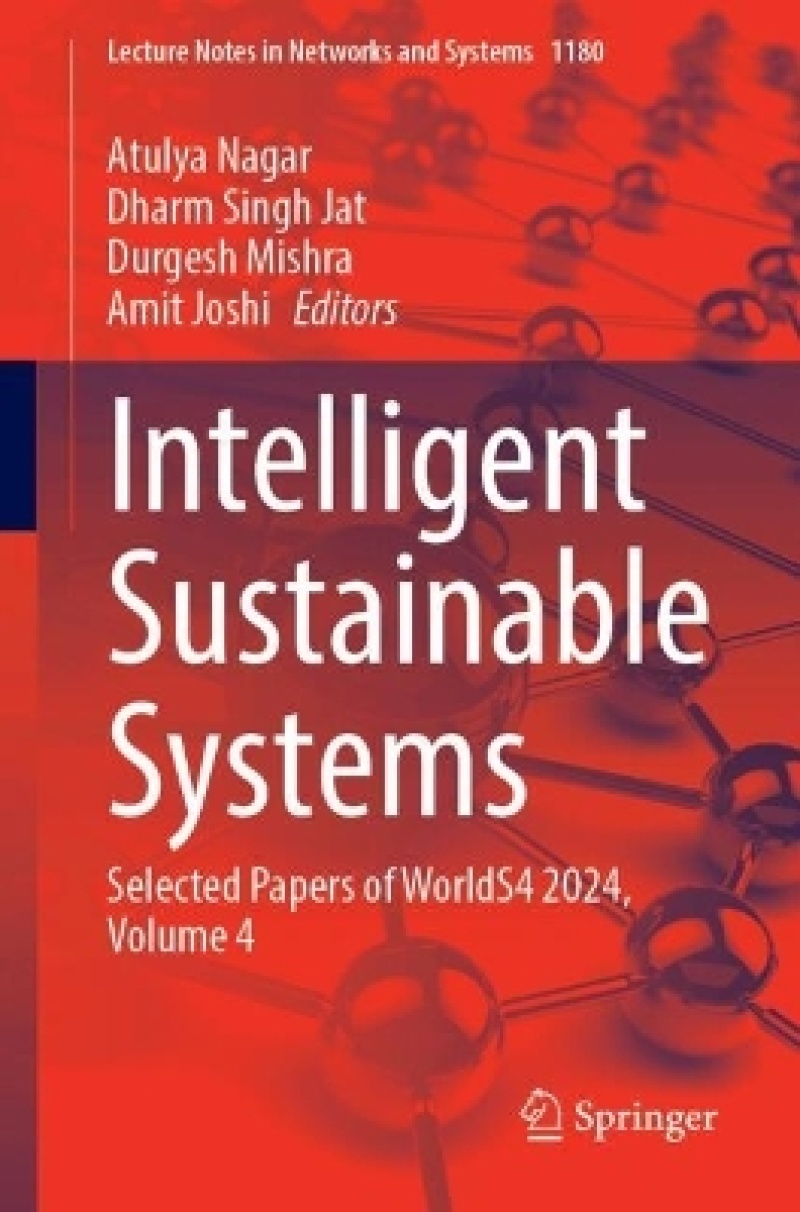This book provides insights of World Conference on Smart Trends in Systems, Security and Sustainability (WS4 2024) which is divided into different sections such as Smart IT Infrastructure for Sustainable Society; Smart Management Prospective for Sustainable Society; Smart Trends for Computational Graphics and Image Modeling;
This book provides insights of World Conference on Smart Trends in Systems, Security and Sustainability (WS4 2024) which is divided into different sections such as Smart IT Infrastructure for Sustainable Society; Smart Management Prospective for Sustainable Society; Smart Secure Systems for Next Generation Technologies; Smart Trends for Computational Graphics and Image Modeling; and Smart Trends for Biomedical and Health Informatics. The proceedings is presented in four volumes. The book is helpful for active researchers and practitioners in the field.
